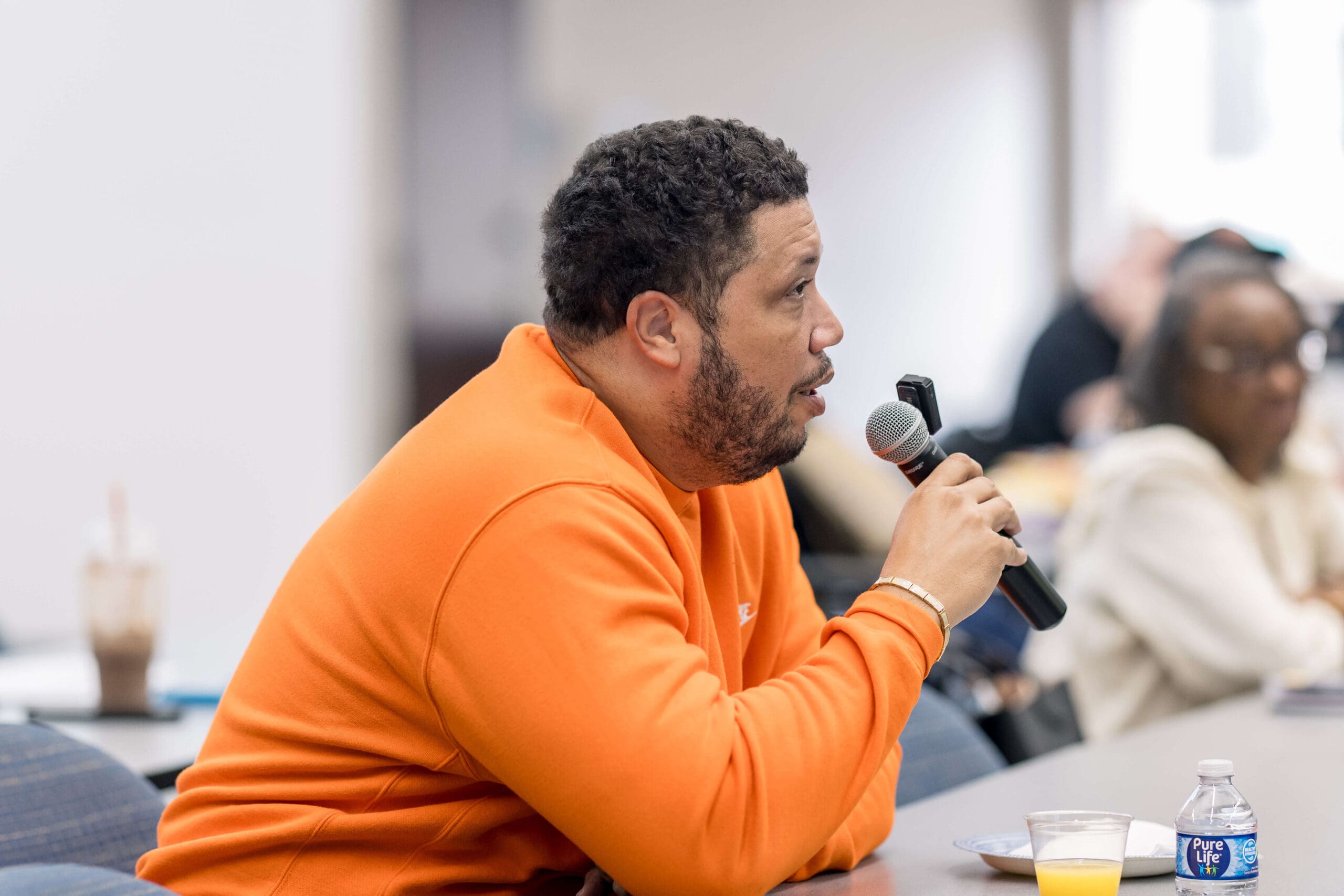North Carolina is making bold moves to transform its approach to reentry through an initiative called Reentry 2030. This statewide, “whole-of-government” effort seeks to ensure that individuals returning from incarceration have the best possible chance at a new start. Below is an overview of what Reentry 2030 aims to achieve, why it matters, and how everyday North Carolinians can get involved.
A Whole-of-Government Commitment
Reentry 2030 kicked off with Governor Cooper’s Executive Order 303, mandating agencies across the state to coordinate closely on improving reentry outcomes. Leaders recognized that successful reintegration requires more than just one program—it calls for a unified effort spanning housing, healthcare, education, and employment services. By centralizing these efforts, officials hope to streamline resources and hold every agency accountable for making measurable progress.
Key Goals and Targets
Under Reentry 2030, North Carolina has set several ambitious targets to be met by 2030, including:
- Reducing homelessness among formerly incarcerated people by 50%.
- Ensuring Local Reentry Councils serve all 100 counties.
- Expanding access to educational credentials in correctional facilities by 75%.
- Offering Medicaid enrollment to all eligible individuals before their release.
Together, these benchmarks represent a holistic vision of reentry—one that tackles the underlying issues driving recidivism.
Homelessness Reduction: The 50% Goal
One of Reentry 2030’s headline promises is to cut homelessness among returning citizens in half. This commitment stems from data showing that without stable housing, individuals face significantly higher risks of reoffending. To meet this target, the state is:
- Expanding Local Reentry Councils so people leaving correctional facilities have immediate connections to housing support services.
- Working with housing organizations like Legal Aid of North Carolina and HUD-assisted housing providers to clarify and simplify rules around renting for applicants with criminal records.
- Directing funding toward transitional housing to ensure recently released individuals aren’t forced into shelters or unsafe living situations.
Local Reentry Councils: Community-Focused Solutions
Local Reentry Councils (LRCs) bring together nonprofits, faith-based groups, government agencies, and volunteers to provide critical assistance—from job placement and mental health counseling to access to affordable housing. The goal is to have LRCs operating in every county, so no matter where a person returns, there’s a safety net in place. Currently, the state is allocating new funds to launch more LRCs and broaden the reach of existing ones. In some areas, LRCs partner with employers to promote “second chance hiring,” ensuring stable employment for people with a criminal record.
Early Successes and Ongoing Projects
According to the Reentry 2030 Progress Report, dozens of action items are already underway, including:
- Designating new reentry facilities within correctional institutions, where preparing for life after release is a core part of the daily routine.
- Launching transitional work programs that let individuals gain workforce skills prior to release.
- Connecting more inmates to Medicaid so they can continue treatment and medications without interruption.
Though the road to 2030 is long, these early efforts suggest that the plan is moving from paper to tangible change.
What It Means for North Carolina Communities
Improving reentry outcomes benefits everyone. When returning citizens have housing, healthcare, and job prospects, they are more likely to stabilize their lives and contribute positively to their communities. This can reduce crime, save taxpayer dollars, and help build stronger, safer neighborhoods statewide. Homelessness and unemployment aren’t just personal hardships; they also create ripple effects. By actively working to address these challenges, North Carolina is investing in a healthier, more inclusive future for all.
How You Can Help
- Volunteer or Donate: Many Local Reentry Councils rely on community support. Find one near you and see how you can pitch in.
- Advocate for Second Chance Hiring: If you own a business or manage a team, consider adopting fair hiring practices that give returning citizens a fair shot at employment.
- Stay Informed: Follow the latest developments in reentry policy, and share them within your network. Spreading awareness is an easy and effective way to support broader reforms.
Reentry 2030 demonstrates that North Carolina is serious about reducing barriers for people transitioning out of incarceration. By cutting homelessness, expanding education and job training, and coordinating efforts statewide, we can create a fairer system that values every individual’s potential. The journey to 2030 has just begun—but the momentum is already building, and communities across the state are seeing the benefits of a more supportive reentry process. citeturn7file0




